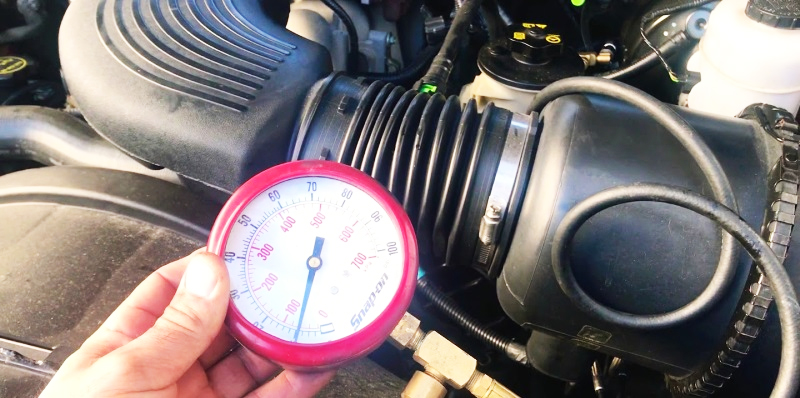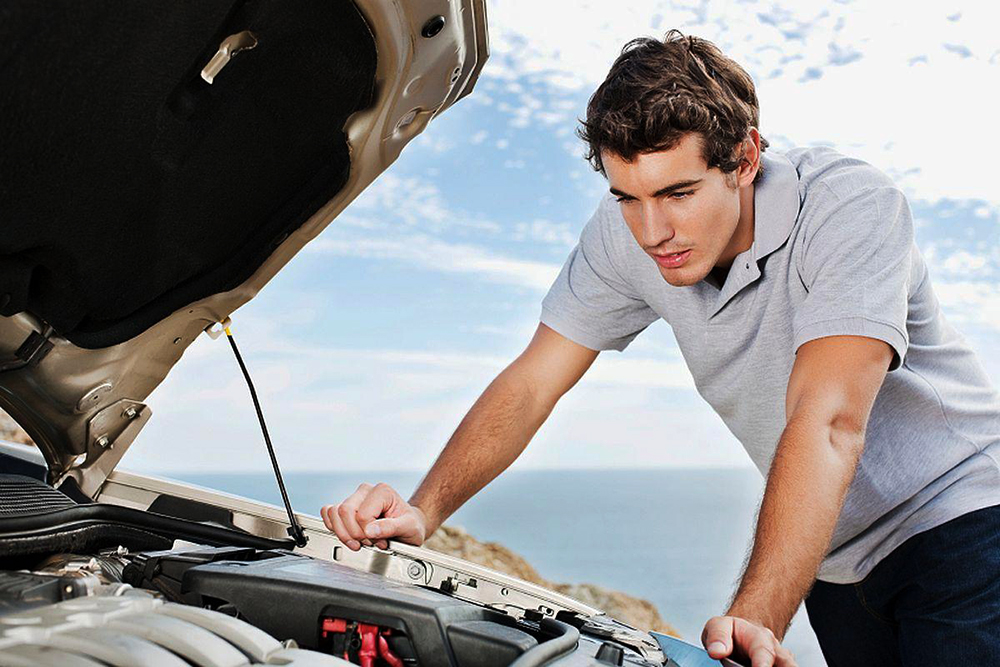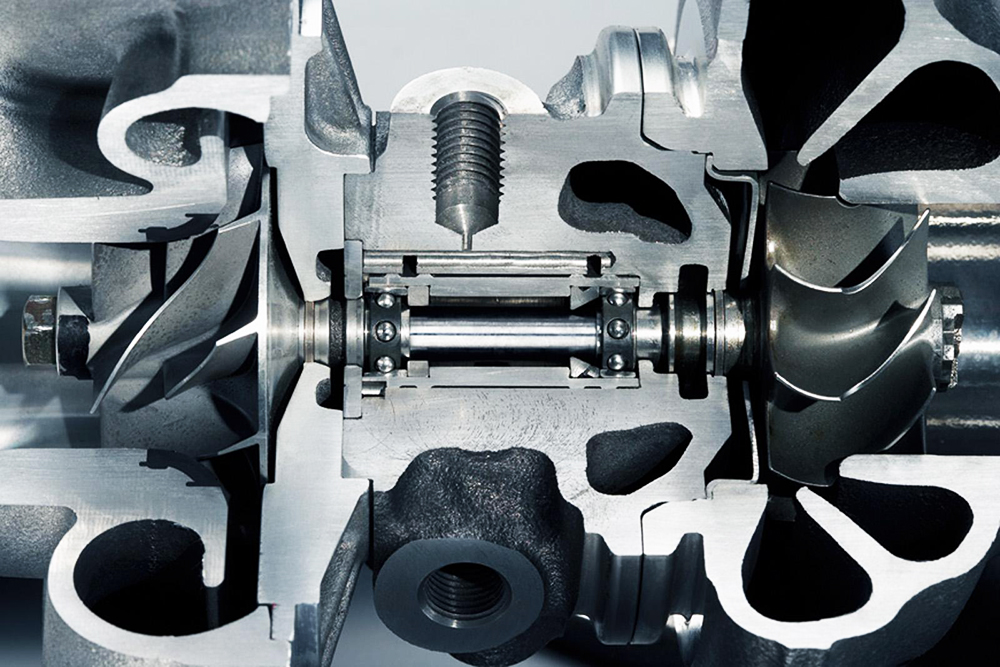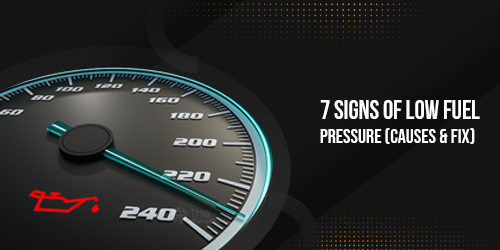The fuel system comprises four components, including the fuel pump, fuel pressure sensor, fuel rail, and the ECU, which monitors everything. A car that is devoid of manufacturer-recommended pressure won’t perform the way it is expected from it. This is a situation of low-fuel pressure that needs attention from the driver. In the guide, we’ve shared low fuel pressure symptoms along with ways to deal with it:
Low Fuel Pressure Symptoms

You’ll notice the following low-fuel pressure symptoms in your car:
Trouble Starting the Vehicle

Your car won’t start in case the fuel pressure becomes low. As you start the car, it needs lots of fuel; when it doesn’t get it starting, it would be a hassle. Sometimes the car takes more time to start or for the ignition process to take place. You would also notice some sputtering while starting the car.
Stalling Engine
Fuel pressure problems are generally observed when the car starts stalling while moving or at an idle state. It is possibly due to fluctuations and sudden reduction in pressure.
Illuminating Check Engine Light
If anything goes wrong with the fuel pressure, modern cars with a fuel pressure sensor detect and inform you about the same. This issue is accompanied by a P0190 code. It’s vital to read the trouble code using the diagnostic scanner and get the issue of low fuel pressure fixed from the mechanic.
Turbo Lag

Many cars have turbos installed in them that give information about the car issue. There are other ways to determine the vehicles that don’t have them. The turbo takes air and pressurizes it to create a turbine effect, thereby dissipating more power from the engine. If the turbo takes longer to spool, there’s something wrong with the fuel pressure, and it needs to be resolved before it gets severe.
Misfiring
Low fuel pressure would create faulty air is to fuel mixture leading to weak combustion. You would notice this when misfiring takes place or when the car is in an idle state. The car’s fuel system needs minor tweaks, and the best course of action is performed according to the issue at hand.
Performance Drops Down
Sometimes wrong air is to fuel mixture would bring the vehicle’s performance down. If your car isn’t performing the way it used to, it’s time to get the fuel levels checked by the mechanic.
Primary Causes of Low Fuel Pressure
Below are the primary low fuel pressure causes:
Clogged Fuel Filter

The fuel entering the engine is cleaned using the fuel filter. This must be changed at certain intervals when it has not been changed for a while. Sometimes fuel pressure becomes low due to a clogged fuel filter and needs the attention of the motorist.
Bad Fuel Pressure Regulator
All the fuel pressure inside the fuel rail is handled by the pressure regulator. At times the regulator keeps the pressure too high or too low on the rail. This kind of issue can damage the rail and must be checked by you.
Bad Fuel Pump
Sometimes a bad fuel pump is an underlying reason for a bad fuel pump. Fuel starts getting slower or damaged from within and is unable to push enough fuel to the engine. In this condition, the fuel pressure becomes low and must be inspected by a qualified technician.
Stuck Fuel Injector
Injectors, when undergoing damage or in struck open conditions, create the situation of low fuel pressure in the rail. You can see this while misfiring codes start appearing on the specific cylinders taking place at the same time.
Bad Fuel Pump Line
If you’ve been driving on a bumpy road for a while and hit a stone suddenly. It would hit the fuel pipes made of aluminum or steel, thereby compressing them and lowering the fuel pressure.
Fuel Pressure Sensor
The pressure inside the fuel rail is calibrated with the help of a fuel pressure sensor. Some cars come with electric fuel pressure regulators that are handled by fuel pressure sensors. If the fuel pressure sensor gives a wrong reading, then chances are there that the regulator will suddenly release fuel pressure.
Determine the low fuel pressure cost from the mechanic and get the issue resolved from him.
The Bottom Line
Situations such as low fuel pressure would impact the car’s performance in a negative way. Don’t take these signs lightly and take the car to a qualified mechanic to get the pressure checked.
